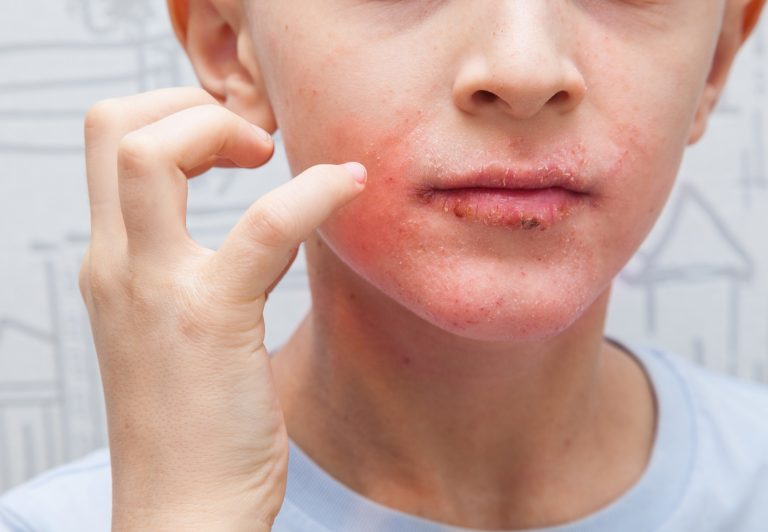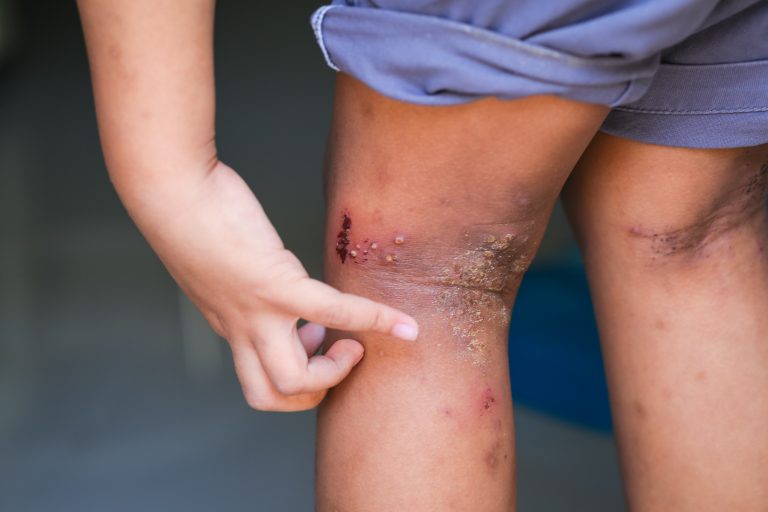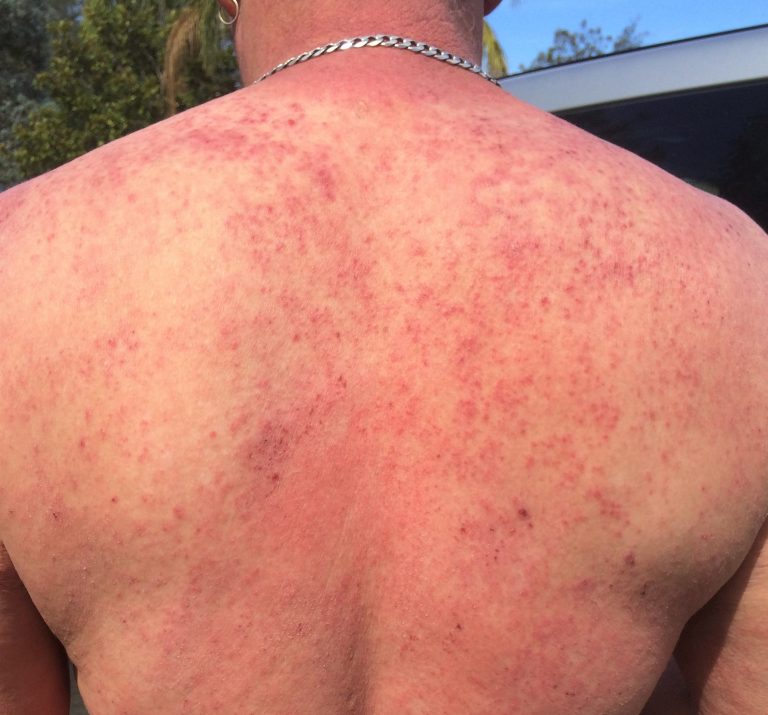Thank you for downloading!
Subscribe to our newsletter to receive email updates about our work, get connected and support Australians impacted by eczema. You can unsubscribe at any time.
Subscribe NowEczema is a chronic and complex itchy skin condition. But it is more than just a skin condition. For those living with eczema, it can vary from a mild to moderate itch to an extremely itchy, painful and debilitating condition, with huge effects on quality of life. It can look very different in babies/children and teens/adults. It also looks different in skin of colour.
Although there is no cure for eczema there are things you can do to manage the symptoms.
Download Information Sheet Download Eczema Care Plan
Eczema is a common condition that affects many families, and we understand the challenges it brings. Below you will find trusted and easy to follow information to care for your baby or child with eczema. All information has been endorsed by experts in caring for babies, children and eczema.

Eczema in teenagers is not often discussed. It can be difficult to navigate through the mental, emotional and physical affects of eczema. Information and support at this stage of life is important.

Some people have lifelong disease, others may not develop the symptoms until adulthood. It can be localised or widespread, and it may be severe and difficult to treat. Even if the eczema/atopic dermatitis is confined to just the hands, the impact on quality of life is huge.

Hand eczema, also called hand dermatitis, is a common skin condition that makes your hands itchy, red, cracked, or covered in rashes. There may be dry, flaky skin, small blisters or crusts. It can happen on its own or alongside atopic eczema. Sometimes, it’s caused by touching things that irritate the skin (contact dermatitis). Hand eczema can be painful and make everyday tasks like writing, cooking, or using a computer difficult.
For more information, see our factsheet and join our Facebook group for understanding and support.

causes
There is no single cause of eczema, it can be caused by a mixture of things.
Things such as soaps or washing powders can make eczema worse.
There is no single cause of eczema but we know tht is is influenced by a mixture of things. Eczema can be influenced by genetics (runs in the family), a skin barrier problem (making it less able to protect agains irritants or lock in moisture) and an overactive immune system. Eczema is NOT contagious.
This video from the Eczema Care Online Toolkit helps explain what eczema is and the causes of eczema flares.
The triggers of eczema are often different for each individual. It can be extremely frustrating as you try to work out the cause of each flare up.
Avoiding triggers and controlling flare ups/inflammation are ways in which you can manage your condition. But there is rarely just one trigger that will be responsible.
e.g. coarse, scratchy wool, synthetic materials like polyester, tags, on clothing
such as soaps and detergents.
Although there may be a link between food allergies and eczema, food is rarely the main eczema trigger (seek doctors/allergist/immunologist advice before eliminating foods)
can both seriously aggravate eczema. Herpes simplex (cold sores) may become widespread and require hospitalisation.
associated with sweating
which cause allergic contact dermatitis such as perfume, preservatives in skincare products, metals such as nickel and many other.
if there is an allergy to household dust mite.
Eczema is a chronic and complex itchy skin condition. But it is more than just a skin condition. For those living with eczema, it can vary from a mild to moderate itch to an extremely itchy, painful and debilitating condition, with huge effects on quality of life. There are different types of eczema, the most common being atopic eczema.
Visit the Eczema Resource Library to learn more.
Use our Eczema Care Online Toolkit to find out the best way to care for your eczema or your child's eczema.
Subscribe to our newsletter to receive email updates about our work, get connected and support Australians impacted by eczema. You can unsubscribe at any time.
Subscribe Now